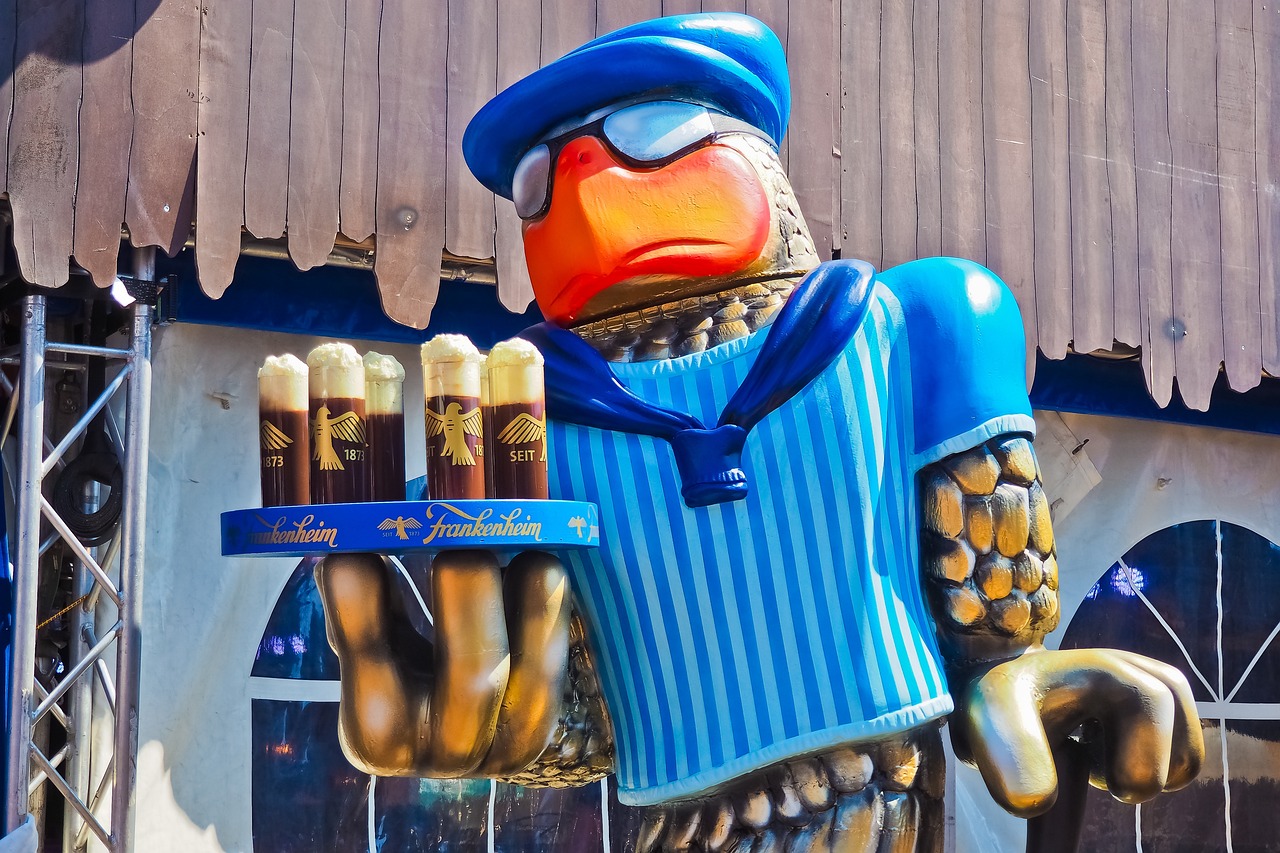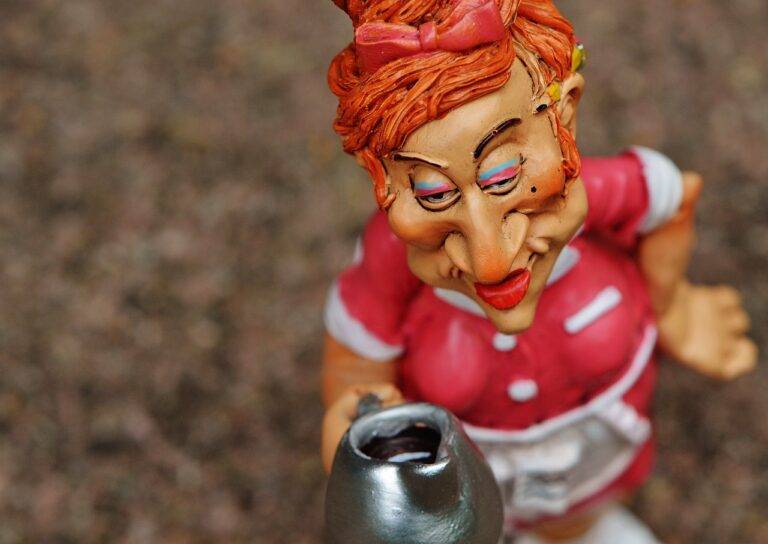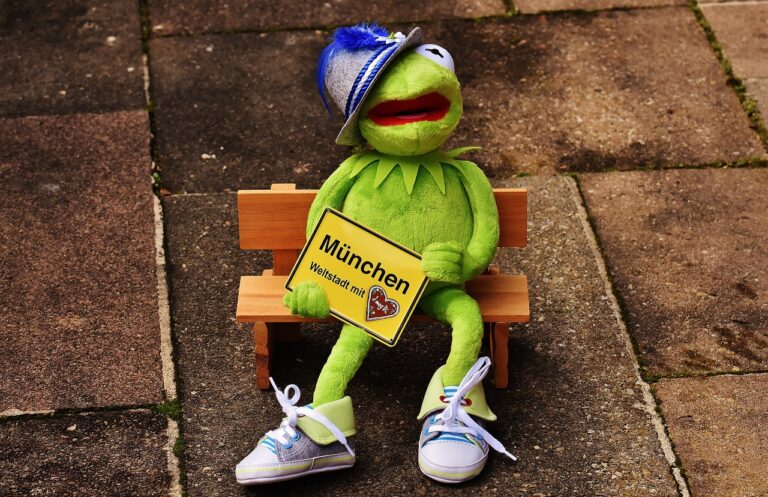Exploring the Psychology of Online Trolling in Gaming Communities
Online trolling in gaming communities remains a prevalent issue that continues to puzzle researchers and community members alike. The motivations behind such behaviors are multifaceted and often rooted in complex psychological factors. From seeking attention and validation to venting frustration or simply enjoying the power of evoking emotional responses from others, trolls in gaming communities exhibit a wide range of motives that contribute to their disruptive actions.
Moreover, the anonymity provided by online platforms plays a significant role in fostering trolling behavior within gaming communities. The cloak of anonymity allows individuals to distance themselves from the consequences of their actions and express behaviors they may not exhibit in face-to-face interactions. This sense of detachment from accountability can embolden individuals to engage in trolling as they perceive minimal repercussions for their actions.
The Impact of Anonymity on Trolling Behavior
Anonymity is a significant factor that influences trolling behavior in online communities. When individuals can hide behind a veil of anonymity, they may feel more emboldened to engage in disruptive and harmful behaviors without facing immediate consequences. This sense of invisibility can lead to a lack of accountability and a detachment from the repercussions of their actions, making individuals more likely to engage in trolling behavior.
Moreover, anonymity can also amplify the deindividuation process, where individuals may feel a reduced sense of personal responsibility and increased identification with a group. In online spaces, this can foster a sense of belonging to a community of like-minded individuals who support and validate trolling behavior. The combination of anonymity and a supportive group environment can create a breeding ground for trolling activities to flourish unchecked.
• Anonymity allows individuals to feel emboldened to engage in disruptive and harmful behaviors
• Lack of immediate consequences leads to a sense of invisibility and detachment from actions
• Decreased personal responsibility and increased group identification can amplify trolling behavior
• Supportive online communities can validate and encourage trolling activities
• Anonymity combined with group support creates an environment where trolling behavior can flourish without repercussions
The Role of Social Identity in Online Trolling
In online gaming communities, social identity plays a crucial role in influencing trolling behavior. Individuals often hide behind the anonymity of a screen to project a certain persona that aligns with a specific social group or subculture. This desire to conform to a certain identity within the online space can lead to defensive and aggressive behavior towards those who do not fit into their perceived social group.
Moreover, the sense of belonging to a particular online community can further fuel trolling activities. Users may engage in negative behaviors such as trolling to strengthen their connection with like-minded individuals and establish a sense of camaraderie. This bonding through shared trolling activities can create a toxic environment where individuals feel validated and supported by their peers, perpetuating a cycle of online harassment and negative interactions.
What is online trolling?
Online trolling refers to the act of deliberately provoking or harassing others online, often for the purpose of eliciting a reaction or causing disruption.
What are some common motivations behind online trolling in gaming communities?
Some common motivations behind online trolling in gaming communities include seeking attention, expressing frustration, asserting dominance, or simply finding entertainment in causing distress to others.
How does anonymity impact trolling behavior online?
Anonymity can embolden individuals to engage in more extreme or hurtful behaviors online, as they may feel shielded from consequences or accountability for their actions.
How does social identity play a role in online trolling?
Social identity can influence online trolling behavior by shaping how individuals perceive themselves in relation to others within a specific online community, leading to behaviors aimed at asserting or defending their perceived social status.







